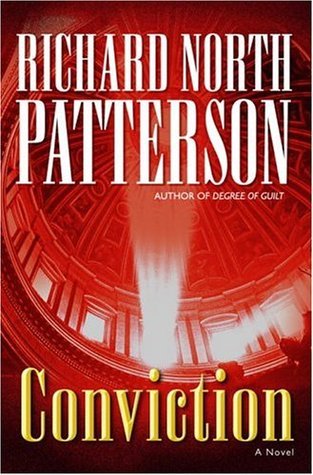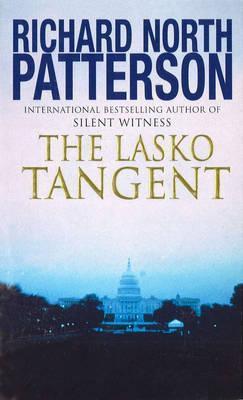
Balance of Power
Book Description
Power is a dangerous game, especially when lives hang in the balance. As a potent Supreme Court nominee faces a ruthless political landscape, a chilling murder shatters the fragile facade of a nation’s ideals. Secrets collide and alliances fray as two worlds—justice and politics—entwine in a deadly dance. Torn loyalties and simmering betrayals threaten to ignite an explosive showdown. Can justice prevail in a system riddled with corruption, or will ambition steamroll over morality? When the stakes are this high, who will pay the ultimate price for power?
Quick Book Summary
"Balance of Power" by Richard North Patterson plunges readers into a high-stakes political and legal battleground where personal and national destinies collide. The story centers on a fiercely contested Supreme Court nomination, exposing the grimy underbelly of political maneuvering and the devastating impact such battles can have on individuals and the nation’s ideals. As a chilling murder shocks the political world, secrets begin to unravel, threatening not just personal reputations but the very fabric of justice. Lines blur between loyalty and ambition, morality and expediency, as protagonist Kerry Kilcannon—recently elected President—faces chilling ethical dilemmas and personal betrayals. Traversing courtrooms, congressional offices, and hidden chambers of power, the narrative brings to light the tension between political ambition, legal integrity, and the human cost of both. Ultimately, "Balance of Power" asks whether justice can truly prevail amid rampant corruption and political gamesmanship.
Summary of Key Ideas
Table of Contents
The Intersection of Law and Politics
At the heart of "Balance of Power" is the intersection of law and politics, with President Kerry Kilcannon working to secure the confirmation of a crucial Supreme Court nominee. This nomination threatens to upend existing political alliances, revealing the true motivations and machinations of both allies and adversaries. The process is depicted as fraught with high-stakes maneuvering, where public statements belie private intentions, and every move is carefully calculated for maximum advantage. The narrative vividly explores how the power to interpret the law is not merely a matter of jurisprudence, but a battleground for clashing ideologies and personal ambitions.
The Fragility of Justice in Corrupt Systems
The story takes a darker turn when a shocking murder sends ripples through the already tense proceedings. This crime becomes the catalyst for exposing hidden agendas and deep-seated corruption within the political system. The investigative and legal proceedings surrounding the murder expose the precarious state of justice in a nation riddled with partisanship, self-interest, and backroom deals. Patterson’s portrayal of these machinations raises probing questions about the real limits of justice in the face of overwhelming political pressure and the moral compromises demanded of those seeking power.
Moral Ambiguity and Personal Sacrifice
Amid the swirl of political intrigue, the novel probes the theme of moral ambiguity and the painful sacrifices required of its characters. President Kilcannon and others must navigate a minefield where the right choice is often obscured by competing obligations and the risk of collateral damage. Personal relationships are tested as the line between public duty and private loyalty blurs. Characters wrestle with decisions that pit their ethics against the legacies they hope to build—or preserve—highlighting the profound consequences such choices have for both themselves and the broader community.
Ambition, Loyalty, and Betrayal
Loyalty and ambition repeatedly come into conflict as secrets are revealed and alliances continue to shift. Old loyalties are tested by the allure of power or the threat of exposure, leading to simmering betrayals that only accelerate the novel’s tension. Patterson masterfully details how political and personal ambitions can undermine even the strongest bonds, leaving characters isolated and vulnerable to exploitation. The fast-paced narrative traces the lasting impact betrayals have, not just within the halls of power, but rippling outward to families and the public.
The Human Cost of Power Struggles
Ultimately, "Balance of Power" explores the profound human cost of power struggles. The pursuit of justice—whether in the courtroom or the Oval Office—exacts a steep toll, often at the expense of personal happiness, safety, and trust. Patterson’s characters are forced to reckon with the repercussions of their decisions, both intended and unintended, demonstrating that no victory comes without sacrifice. The novel’s gripping conclusion leaves the reader questioning whether a system as flawed as it is powerful can deliver true justice, and what individuals must give up to see their ideals prevail.
Download This Summary
Get a free PDF of this summary instantly — no email required.





